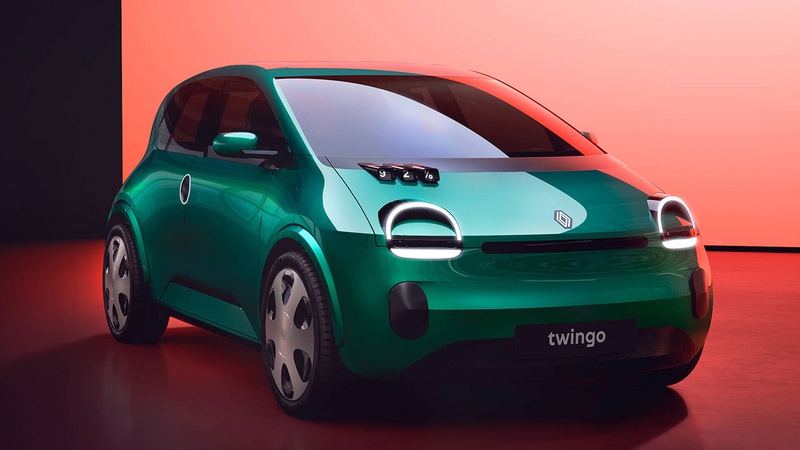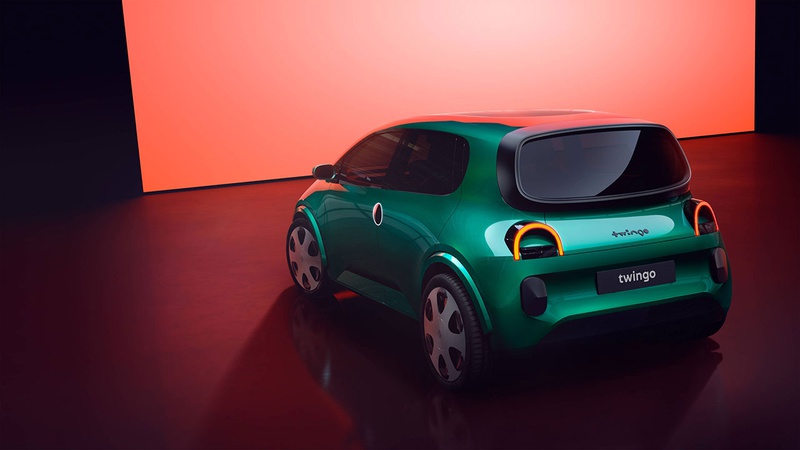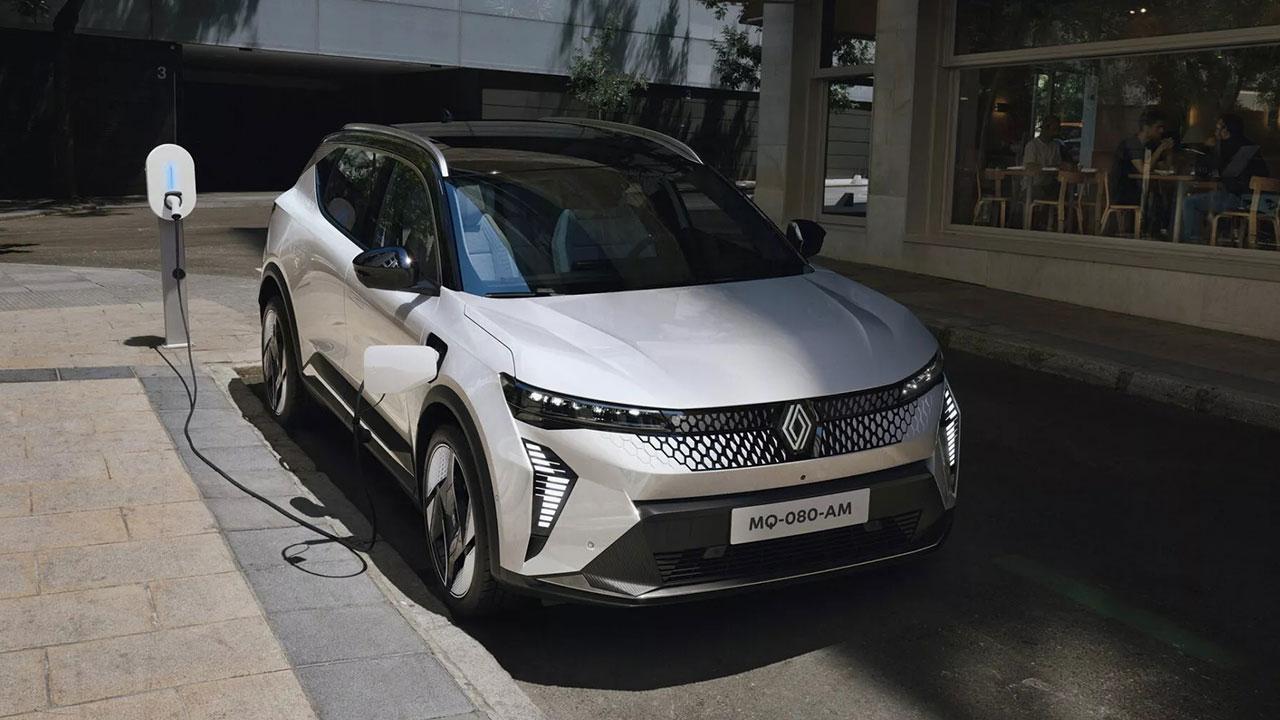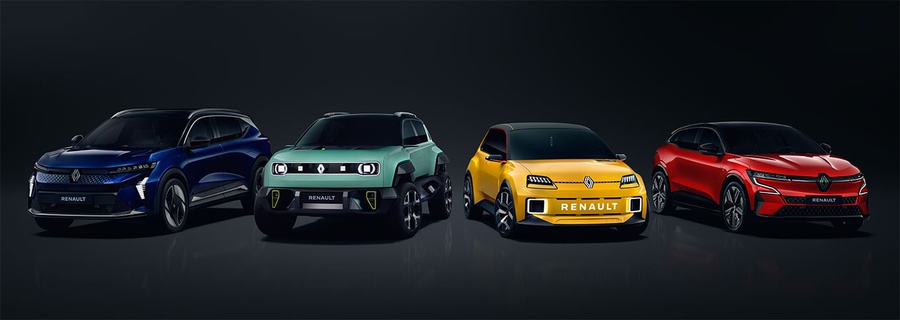Ampere aims to produce seven fully electric models for Renault, including two next-generation models, by 2031. These vehicles will be based on two modular EV-native architectures, with additional zero-emission offerings in the pipeline for partner brands Alpine, Nissan, and Mitsubishi
As a part of the wider “Renaulution” plan, Ampere transitioned into an autonomous entity on November 1st, aligning with its role in bolstering the electrification strategy of the Renault Group. Luca de Meo, CEO of the Renault Group, stated, “Ampere is an ambitious, holistic, and structural response of the European industry to the challenges coming from East and West” adding that its goal is “to make electric and connected cars affordable for all”.
Renault's expanded EV lineup will cover the A-, B- and C-segments, ranging from city cars to family crossovers. According to the automaker, the B and C segments are expected to represent up to 75% of the EV market by 2030.
The first of Renault’s new generation EVs is the Megane E-Tech which debuted in 2022 and starts at €38,000. Luca de Meo admitted that the compact crossover is kind of a niche product due to its hatchback-like silhouette and expensive price, although it brought new customers to the brand. The Megane will be followed by the mechanically related family-friendly Renault Scenic E-Tech in early 2024 with a starting price of around €40,000 and a focus on lightweight sustainable materials.
Next up is the Renault 5 electric supermini which will debut on February 2024 in Geneva with a starting price of €25,000. The R5 will have a 400 km (249 miles) range, and come equipped with the “Revo avatar” virtual co-pilot utilizing artificial intelligence. The Renault 4 will follow in 2025, based on a stretched version of the same architecture with a more adventurous stance positioning it in the B-SUV segment.
The highlight of the presentation is the fourth-generation Renault Twingo – an urban EV with a targeted starting price below the €20,000 mark before subsidies when it arrives by 2026. Renault mentioned a “best-in-class efficiency” of 10 kWh/100km, and 75% lower CO2 emissions throughout its lifecycle compared to the average European ICE vehicle sold in 2023. The model will compete with the upcoming VW ID.1, Citroen e-C3, and Fiat Panda EVs in Eruope’s A-Segment.
Renault also announced two more EVs that will debut in 2027 and 2028 respectively, serving as successors to the Megane E-Tec and Scenic E-Tec and promising significant cost reductions compared to existing models.
In addition to the Renault-branded offerings, Ampere will also produce at least 2 new EVs for Alpine, the next-generation Nissan Micra and an as-yet-unnamed new compact SUV for Mitsubishi. The new unit will also support Dacia's electrification plan and provide software solutions for the entire Renault Group.


Renault Twingo
Last but not least, the first software-defined vehicle (SDV) will be launched in 2026, offering a high level of connectivity and upgradability throughout its lifecycle. Luca de Meo said the over-the-air upgrades will allow the automaker to keep the SDV in its catalog potentially forever, adding new software-enabled features at a certain cost.
Ampere plans to build the EVs in France, taking advantage of Renault Group’s ElectriCity facilities. The assembly will take place in Douai and Maubeuge, the battery cases and electric components will be built in Ruiz, while the electric powertrain will be produced in Cleon.
Source: Renault


